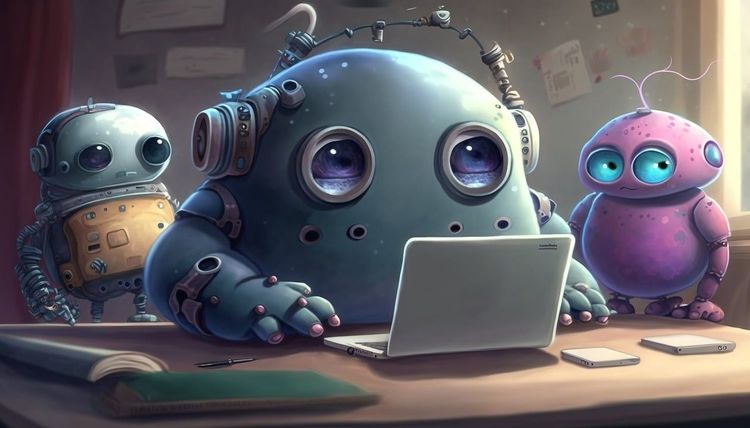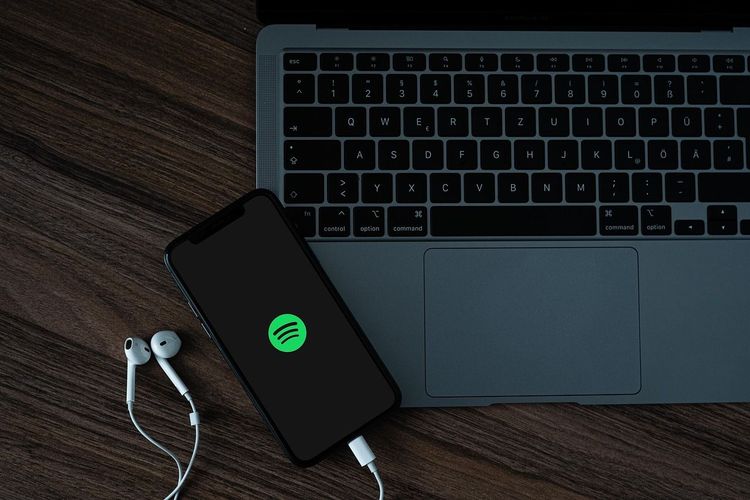With the rise of advanced AI capabilities comes greater complexity, particularly for Chief Information Security Officers (CISOs) embracing generative AI (Gen AI). This technology surge is crucial for cybersecurity vendors aiming to minimize risks in the escalating AI battle. However, adversaries have become more adept at weaponizing AI combined with social engineering tactics, significantly impacting leading companies this year.
To delve into the outlook for 2024, a media outlet hosted a virtual discussion with 16 cybersecurity leaders from 13 firms. The consensus was clear: fostering strong collaboration between AI and cybersecurity professionals is essential for future success.
Are You Prepared for AI Agents?
AI requires human insight to effectively combat cyber threats. MITRE’s Managed Detection and Response (MDR) exercises have provided concrete evidence that integrating human intelligence with AI can identify and neutralize breaches before they escalate. Michael Sherwood, Chief Innovation and Technology Officer for the City of Las Vegas, emphasized this in a recent interview.
Predictions on Gen AI's Role in Cybersecurity
Peter Silva of Ericom, part of the Cybersecurity Unit at Cradlepoint, highlighted that Gen AI could enhance pattern recognition for identifying attack vectors and emerging vulnerabilities. However, he cautioned that AI also complicates detection, as systems may struggle to distinguish between human-generated and AI-generated phishing attacks.
Elia Zaitsev, CTO of CrowdStrike, noted that in 2024, cybercriminals may increasingly target AI systems through vulnerabilities in sanctioned AI uses and blind spots from unauthorized AI tool usage by employees. He warned that companies must review their internal AI implementations and develop robust guidelines to mitigate risks.
Rob Gurzeev, CEO of CyCognito, expressed that while Gen AI will positively impact security, it may also foster complacency among security teams. He cautioned against an overreliance on AI, which could create gaps in security operations.
Howard Ting, CEO of Cyberhaven, shared that a study revealed 4.7% of employees entered confidential data into AI tools like ChatGPT. He believes AI's advancements will empower security teams to bolster defenses over time.
John Morello, Co-founder and CTO of Gutsy, mentioned that Gen AI has the potential to significantly improve how security teams manage vast amounts of event data, transforming outdated methods into user-friendly formats.
Jason Urso, CTO of Honeywell Connected Enterprise, predicted that Gen AI will enable even inexperienced hackers to execute sophisticated attacks, shifting the cybersecurity landscape to AI versus AI.
Srinivas Mukkamala, Chief Product Officer of Ivanti, highlighted growing employee anxiety regarding job security from AI. He emphasized the need for transparency from leaders on AI integration strategies to retain talent, as effective AI still requires human oversight.
Mukkamala also predicted an increase in sophisticated social engineering attacks due to better AI tools fueling even more believable phishing attempts.
Merritt Baer, Field CISO at Lacework, foresees a transformed work environment where Gen AI assists in automating tasks, allowing humans to focus on strategic thinking and creativity.
Ankur Shah, SVP of Prisma Cloud at Palo Alto Networks, stressed that security teams must manage the rapid pace of application development, which AI is expected to accelerate significantly. He warned that without strong security data, AI's effectiveness in risk prevention could be diminished.
Matt Kraning, CTO of Cortex at Palo Alto Networks, stated that Gen AI will simplify data interaction for security analysts, enabling easier analysis and response to threats.
Christophe Van de Weyer, CEO at Telesign, noted that 2023 saw record phishing incidents, exacerbated by criminals using Gen AI to craft convincing messages. He believes that organizations will need to enhance their defenses and employ AI for improved fraud detection.
Rob Robinson, Head of Telstra Purple EMEA, remarked that the growing number of data points for security monitoring will necessitate a shift in CISO skills, with AI emerging as a key solution for tackling security challenges.
Vineet Arora, CTO of WinWire, reiterated that Gen AI will significantly enhance cybersecurity automation, allowing security professionals to focus on complex issues, while also leaving room for malicious actors to exploit its potential.
Claudionor Coelho, Chief AI Officer, and Sanjay Kalra, VP of Product Management at Zscaler, predicted that Gen AI will revolutionize compliance efforts, automating previously time-consuming processes.
Clint Dixon, CIO of a global logistics organization, encapsulated the future of cybersecurity as being heavily reliant on AI, due to the rapid pace of data growth and complexity.
In summary, the integration of Gen AI into cybersecurity holds immense potential to enhance defenses and streamline operations, but it also presents new challenges and risks that organizations must navigate carefully in 2024.







